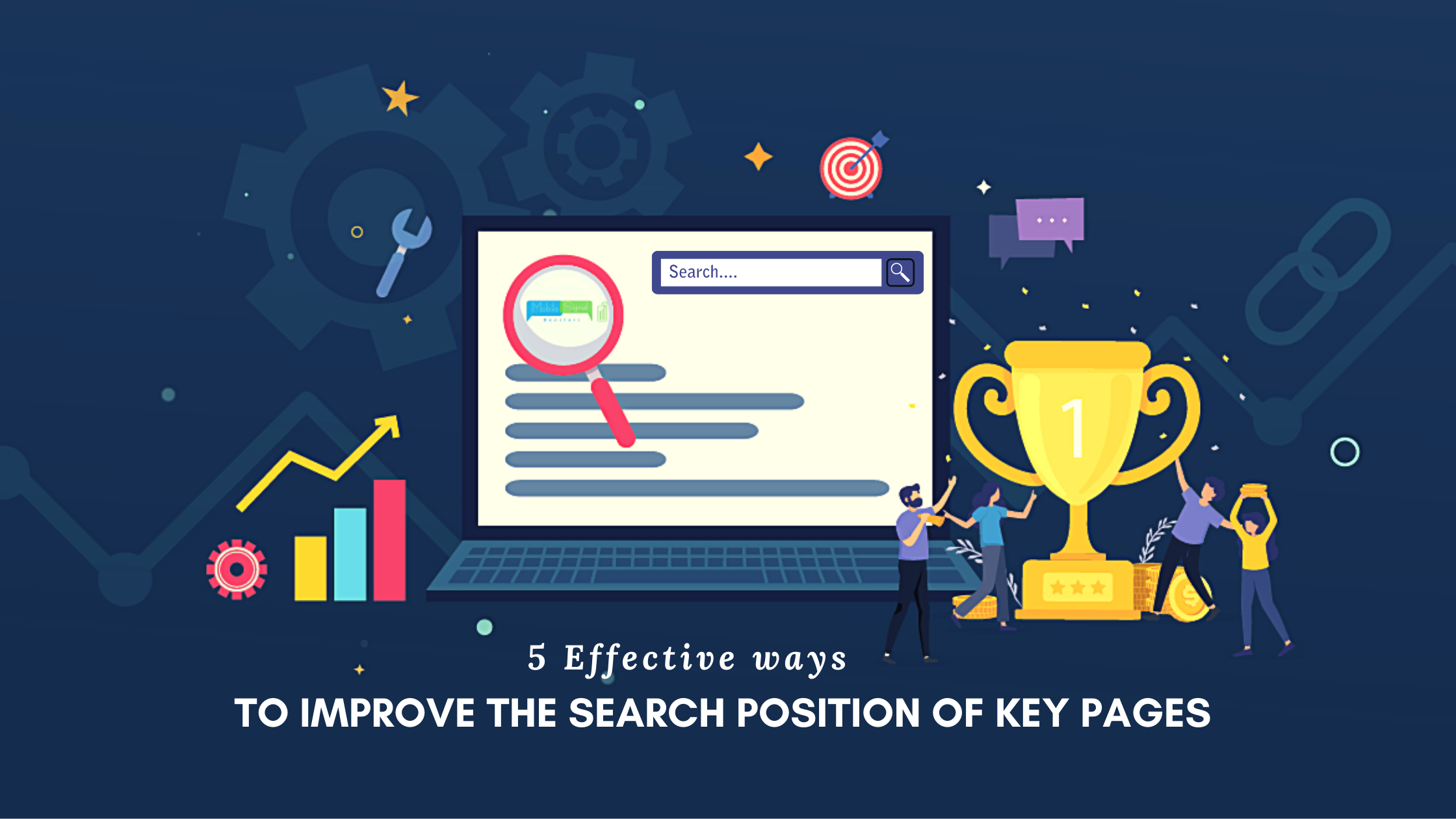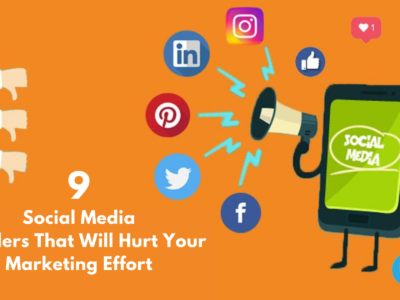
5 Key Effective Tips to Improve the Search Position of Key Pages on Your Website

You want to constantly improve your search rankings for all of your pages, right?
The higher your page ranks, the more traffic you get. The more traffic you get, the more revenue you generate for your organization. Many marketers feel that once they’ve created a great piece of content and done the initial promotional push of their pages, their ranking in Google is out of their hands.
Search engine optimization is an accumulation of strategies and techniques used to increase the number of visitors to a website by obtaining a high ranking in search results.
On this page, we’ll provide you with five effective ways to improve your search engine ranking of respective pages.
1. Keyword research
Use search data and research your competition to find the best targets for each page on your website. Depending on how big your website is and the resources you have available, start with the pages that have the most content, and are helpful for your customers. Some examples would be your top one or two product/service pages or a well-written blog post that provides detailed information your customers are looking for.
Identify and target a specific keyword phrase for each page on your website. Think about how your reader might search for that specific page with search terms. Repeat your keyword phrase several times throughout the page—once or twice in the opening and closing paragraphs, and two to four more times throughout the remaining content.
Don’t forget to use bold, italics, heading tags (especially an H1), and other emphasis tags to highlight these keyword phrases—but don’t overdo it.
2. Publish Relevant Content
Content is the basic foundation for improving search engine rankings.
Having high-quality content on your website page is one of the best ways to increase traffic and improve your search rank. In fact, in a recent studies of marketing professionals, 57% said on-page content development is the most key effective tactic to improve your search engine rankings. Make sure your content is mistake-free, keyword-rich, mobile-optimized, written to address the specific needs of your target audience, and incorporating your intent keywords content. however, that ever paragraph and sentence offer value to your readers.
Write content that is helpful and also includes keywords and synonyms that get your website found by Google and other search engines. Include the keywords throughout the page to improve your search engine ranking, but don’t go overboard with keyword stuffing. Make sure it’s still readable for your visitors.
3. Make link building a priority
Both internal and external links continue to have a huge influence on how your website ranks. This is one of the most heavily weighted Google ranking factors.
When it comes to better search engine rankings, you want to attract links from reputable and trustworthy sites. Earning links from top websites requires some outreach. You need to connect with webmasters, publishers, bloggers, and more to get your content some press. Outreach requires time and dedication. Getting your content recognized, however, can have a tremendous impact on your company’s exposure and search engine rankings. It can also help people in your audience discover your business.
Focus on creating relevant links within the text. Instead of having “click here” links, try writing out the name of the destination. “Click here” has no search engine value beyond the attached URL, whereas the link is rich with keywords that will improve your search engine rankings as well as the ranking of the page you are linking to. Always use descriptive links by linking keywords—it not only improves search engine ranking but also adds value to your readers.
4. Metadata
When designing your website, each page contains a space between the <head> tags to insert metadata, or information about the contents of your page. It is important for you to review and update Metadata as your site changes over time. Search engines read the title tag, or meta title, as an important indicator of what the page is about.
- Title Metadata
Title Metadata is responsible for the page titles displayed at the top of a browser window and as the headline within search engine results. It is the most important metadata on your page. This title is different from the bold heading everyone sees on your web-page, which is typically the heading tag described in the next step. Therefore, if it helps get more clicks, you can write one title for the search engine results page (SERP) and a different heading for your web-page. - Description Metadata
Description Metadata is the textual description that a browser may use in your page search return. Think of it as your site’s window display—a concise and appealing description of what is contained within, with the goal of encouraging people to enter. A good meta description will typically contain two full sentences. Search engines may not always use your meta description, but it is important to give them the option. - Keyword Metadata
Keyword Metadata is unusually if ever used to tabulate search engine rankings. However, you should already know your keyword phrases, so it doesn’t hurt to add them to your keyword metadata. You’ll want to include a variety of phrases. As a general rule, try to keep it to about 3-7 phrases with each phrase consisting of 1-4 words.
5. Use ALT tags with all your images
Including alt text with your images ensures all users, regardless of visual ability, can appreciate the content on your site.
Always describe your visual and video media using alt tags, or alternative text descriptions. They allow search engines to locate your page, which is crucial—especially for those who use text-only browsers or screen readers. Images visually support the message on the page. Users love them, and search engines do too. That’s why you should always use descriptive (keyword rich) ALT tags for all your images. Alt tags also keep your site accessible, which could help you avoid an ADA claim.
Alt text also offers you another opportunity to include your target keyword. With on-page keyword usage still pulling weight as a search engine ranking factor of your page, it’s in your best interest to create alt text that both describes the image and, if possible, includes a keyword or keyword phrase you’re targeting.
Conclusion
Your website is the heart of your business campaign. If you want to drive the best results with your campaign, you must invest in optimizing your website to attract your target audience to your website, and you can only do so with improved search engine rankings. We’re a full-service digital marketing company that specialise in customized SEO campaigns. Our team will help you create a campaign that works best for your business.



